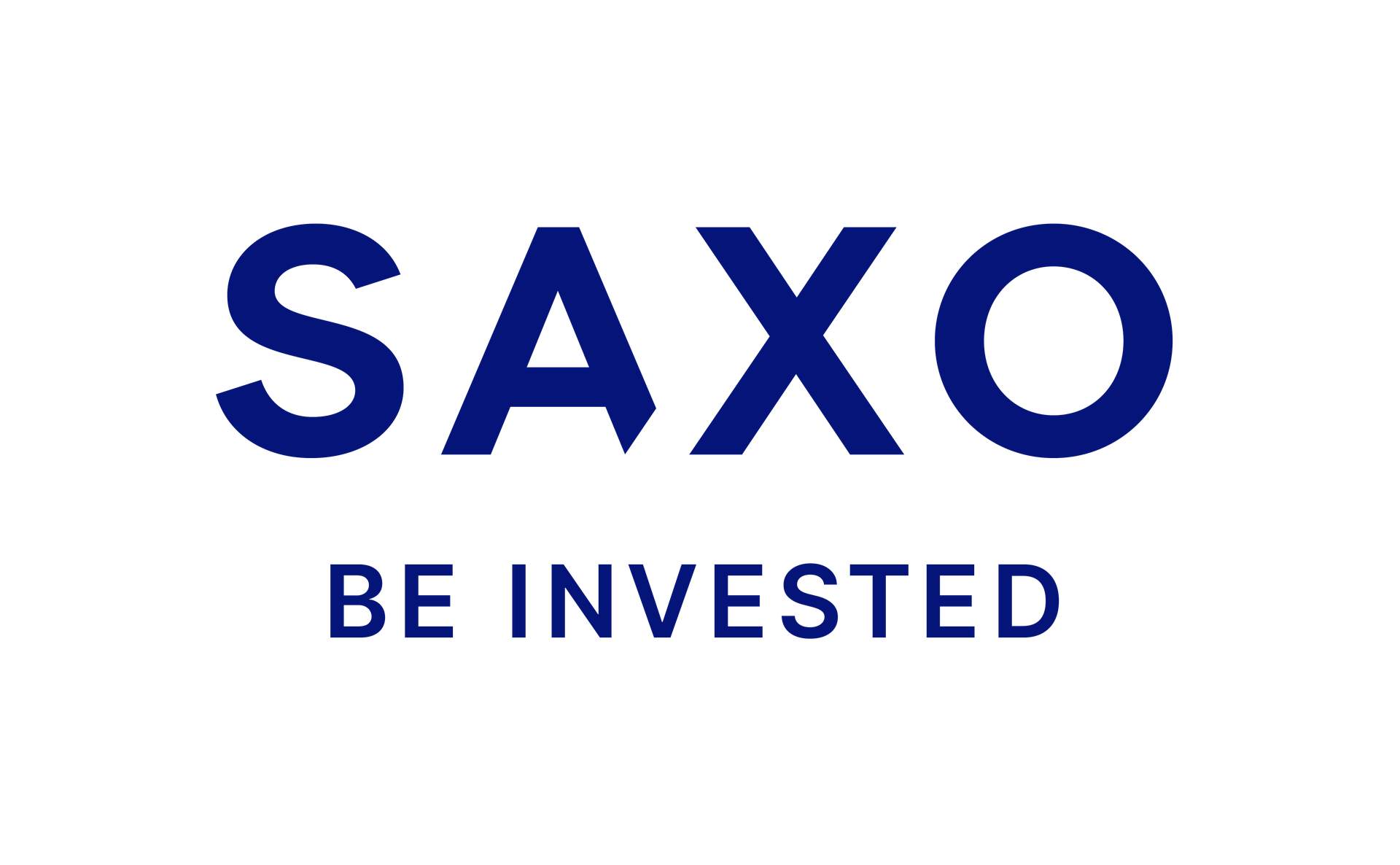Brace yourselves. Suddenly, the S-word is everywhere and it is bad news for your finances.
The word in question is stagflation. It is a toxic mix of lower output, higher unemployment and stubbornly rising prices. That can inflict damage on businesses and workers, and depress share prices.
In such an environment, as Jason Hollands of financial coaching company Bestinvest warns, we could see unemployment spiral while those who have kept their jobs demand higher wages to keep up with rising prices.
The latter would reduce the profitability of companies and more pain could flow from a surge in strike action in heavily unionised sectors.
Such is the potential fallout that even the mention of the S-word is a signal to scrutinise your investments and savings against the background of wider geopolitical and other shifts.
The threat of stagflation has been raised by new inflation data which showed a shock jump to 3 per cent, the highest for ten months.

Toxic: Stagflation is a mix of low output, high unemployment and stubbornly rising prices that can inflict damage on businesses and depress share prices
And inflation is set to rise further this year to about 3.7 per cent, propelled upwards by an array of factors.
These include larger energy and water bills, more expensive bus fares, VAT on private school fees – and the £25billion worth of increases in National Insurance and the minimum wage announced in the autumn Budget which take effect in April.
Another source of concern is the admission from Bank of England governor Andrew Bailey that the UK’s growth prospects are weak at a time when there is ‘fragmentation’ in the world economy.
This uncertain outlook is causing global fund managers to shun the UK stock markets.
Bank of America recently surveyed fund managers looking after $482 billion of global savings.
They revealed a sharp fall in cash committed to UK shares, with Europe becoming the favoured place to invest.
A BoA spokesman described the UK as ‘the living definition of stagflation’ thanks to inflation, but also its lack of growth and productivity.
Craig Rickman, an expert with online platform Interactive Investor, said: ‘If inflation outpaces the return you receive, your wealth will erode in real terms.’
If in the light of all this you are concluding that your portfolio needs a refresh, here’s an action plan.
Dividend heroes ride to the rescue
Inflation erodes the value of cash left in savings accounts offering uncompetitive interest rates below the rate of inflation.
Bank of England figures show £274billion of our cash lies languishing in accounts that pay no interest.
Investing in shares over the long term gives you a better chance of beating inflation than keeping your cash in a savings account, because the value of your stocks and the dividend income may rise.

Hikes: Many UK businesses are already being hit by steeper labour costs courtesy of Chancellor Rachel Reeves (pictured)
The trade-off is that the value of your holdings may fall – and dividends can be stopped if a company runs into trouble.
If you can afford to take some risk with your savings and need to boost your income, consider the ‘dividend heroes’.
These are investment trusts that have increased or maintained dividend payouts to investors over at least 20 years.
Analysis by QuotedData for Interactive Investor shows that the trusts whose payouts have kept pace with inflation include the £4.98billion Alliance Witan and the £5.35billion F&C. Both trusts are members of the FTSE 100 index.
Back Britain – but wisely
Some experts believe the reluctance to buy British shares among fund managers is overdone and that there is good value to be had.
Pictet Asset Management views the UK as ‘a cheap stagflation play’, thanks to its emphasis on energy companies, which can hold up well in a high inflation environment.
Pictet’s chief strategist Luca Paolini is also optimistic about banks. Shares in the big four – Barclays, HSBC, Lloyds and NatWest – surged in 2024.
But they may have further to go this year, amid the belief that their shares remain undervalued.
If persistent inflation means that interest rates do not decline as fast as had been forecast this year, this would boost banks’ income and profits.
Bestinvest’s Hollands suggests that you check whether your portfolio contains lots of hospitality and leisure businesses, which would suffer if households have less money to spend and cut back on luxuries.
Companies in these sectors are already being hit by steeper labour costs courtesy of Chancellor Rachel Reeves.
He adds: ‘By contrast, consumer staples – the essential items we use every day whether bleach, tea bags or personal care products – should prove much more resilient in such times.’

Dormant: Bank of England figures show that as much as £274bn of our cash lies languishing in accounts that pay no interest whatsoever
The Evenlode Income fund backs the companies in the consumer staples sector such as Harpic and Dettol maker, Reckitt, and Unilever, the Dove and Domestos multinational.
It is also worth backing companies that receive a contractual income from their clientele, such as Sage, the payroll software giant, rather than having to attract new customers.
A portfolio makeover
Stagflation anxiety should be a spur to take a critical look at what is in your portfolio.
Many UK investors own a large amount of US tech shares, directly, or indirectly through funds and trusts.
In Wall Street, some are becoming fretful about stagflation and the impact this could have on stock markets.
These fears may come to nothing, but they should serve as an alert to ensure that your holdings are diversified rather than making your portfolio almost wholly reliant on one sector.
You should also take account of the trends that are driving share prices worldwide.
One of the most important issues is the Ukraine peace talks. Shares in European aerospace and defence companies such as the Italian Leonardo and Germany’s Rheinmetall have bounced.
They may have further to go, since Nato’s European member states are being compelled to rearm, ending decades of dependence on the US.
The Bank of America fund managers’ survey shows marked enthusiasm for European markets which are set to benefit from an expected loosening of EU red tape, in an attempt to counter US President Donald Trump’s tariffs and cutting of regulation.
Global names such as the Dutch semiconductor equipment maker ASML and NovoNordisk, the Ozempic and Wegovy weight-loss drug specialist, are regarded as bargain buys.
Go for gold
The perception that gold provides a safe haven at testing times has pushed the price of this metal to record highs this year.
Goldman Sachs, the US investment bank, is forecasting that gold could hit $3,100 by the end of the year, against the current $2,890, as central banks worldwide buy more of the metal.
Some central banks in emerging nations prefer gold to the US dollar as a hedge in uncertain times.
If there is more demand from this source and from speculative purchasers, then the price could leap to $3,300.
If you have no exposure to bullion, consider an exchange traded fund (ETF) such as iShares Physical Gold – which, as the name suggests, invests directly in bullion bars, or a fund that backs gold mining companies, such as BlackRock Gold & General or Ninety One Global Gold.
DIY INVESTING PLATFORMS

AJ Bell

AJ Bell
Easy investing and ready-made portfolios

Hargreaves Lansdown

Hargreaves Lansdown
Free fund dealing and investment ideas

interactive investor

interactive investor
Flat-fee investing from £4.99 per month

Saxo

Saxo
Get £200 back in trading fees

Trading 212

Trading 212
Free dealing and no account fee
Affiliate links: If you take out a product This is Money may earn a commission. These deals are chosen by our editorial team, as we think they are worth highlighting. This does not affect our editorial independence.
Some links in this article may be affiliate links. If you click on them we may earn a small commission. That helps us fund This Is Money, and keep it free to use. We do not write articles to promote products. We do not allow any commercial relationship to affect our editorial independence.












